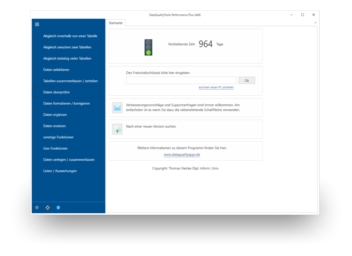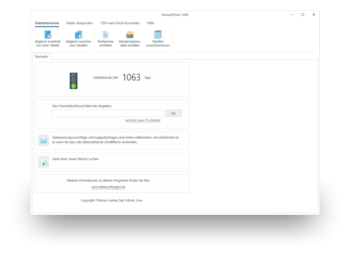Seed Addresses with Direct Marketing
Seed addresses serve to verify if, and if so, when and how the service provider produced and sent out the commissioned sales letters. The seed addresses can also be used to provide evidence on the illegal distribution and/or use of address lists.
If an external service provider is hired to print, envelop and post the sales letters for a direct marketing campaign, it is then recommended to insert one or several seed addresses among the addresses to be solicited. This way, it is easy to prove whether and when the sales letter was produced and sent out. The test specimen also allows for the verification of the printing and composition of the sales letters.
Furthermore, seed addresses can also be used to provide evidence on the illegal distribution and/or use of address lists. This occurs especially when address information has been rented out. In this case, the company that has rented the addresses only has the right to use them for exactly one advertising mailing. Of course, the company could continue to use the customer addresses documented in this advertising mailing. If the remaining addresses are used for another direct marketing campaign, the company is violating the conditions under which the addresses were rented out to him. The address broker can easily document this violation by using the seed addresses: If more than one advertising mail from this company is delivered to the seed address, there is proof that they have violated the conditions of the rental agreement.
The same method can be used to protect any other address list from misuse, such as your own customer information. In order to be able to prove that customer information has been distributed illegally, they have to have been used for advertising purposes. As a matter of principle, the seed address can not prevent the first occurrence of misuse of address lists for advertising purposes. If the illegally distributed information is not used for advertising purposes, this method can not deliver any proof for the illegal distribution of data.

